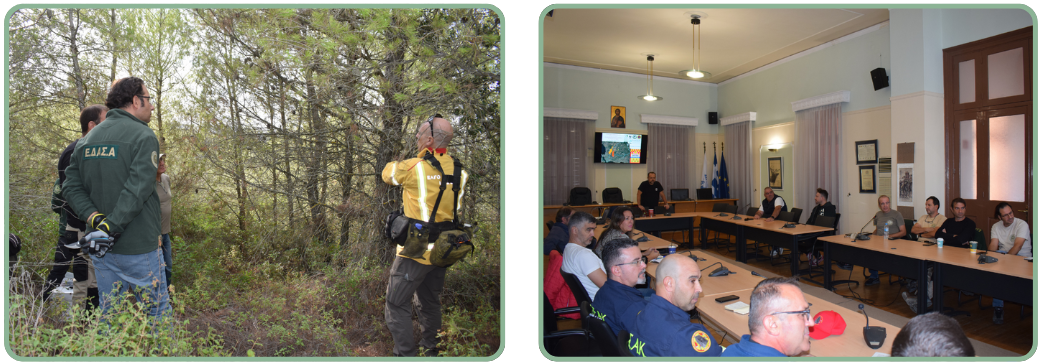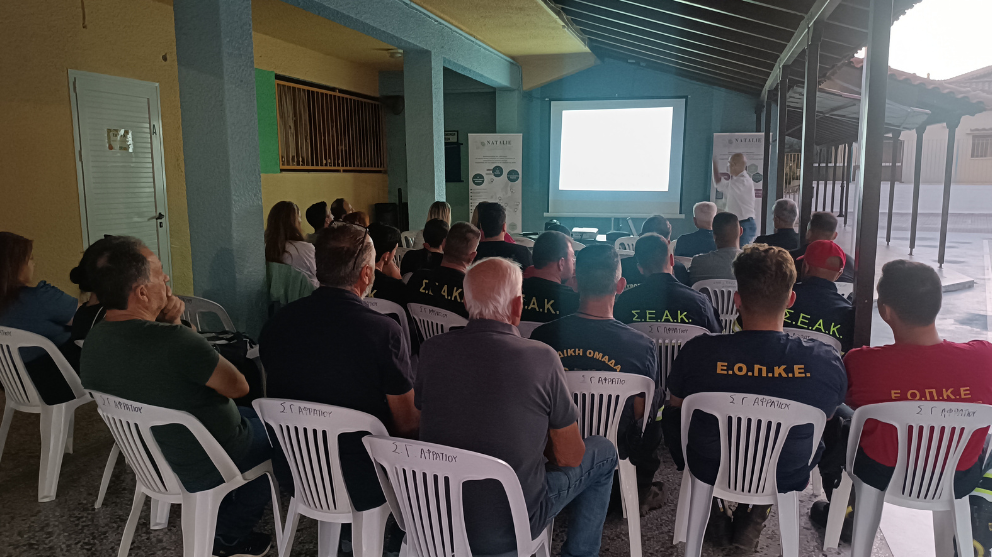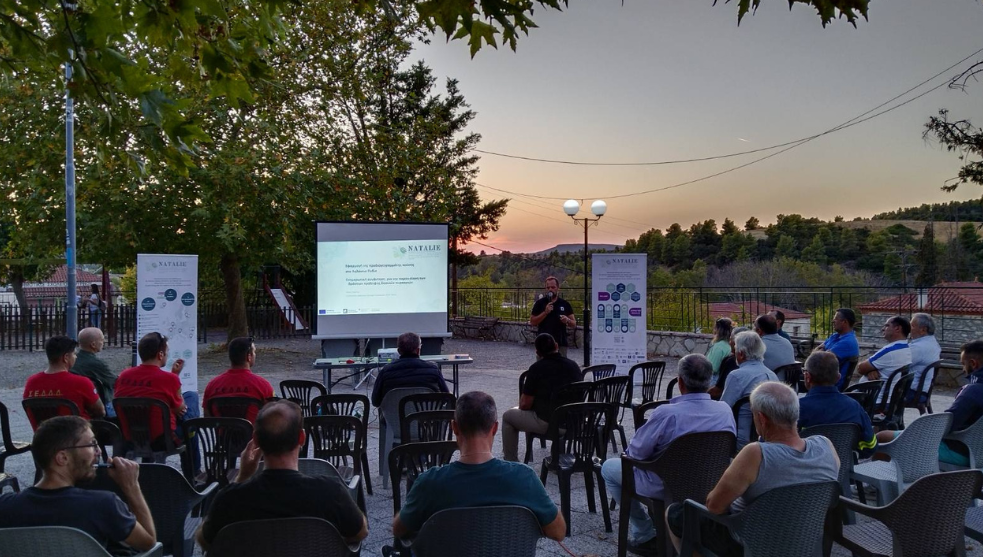
Prevention of forest fires is closely linked to the management of forest fuel within forest ecosystems and plays a crucial role in reducing fire intensity, thereby protecting both forests and communities.
In Greece, preventive actions primarily focus on the mechanical removal of forest fuels. However, in many other countries, prescribed burning has been systematically implemented for decades as part of national forest fire prevention strategies.
A New Approach to Preventing Forest Fires
Prescribed burning is the careful and controlled use of fire under specific conditions for targeted objectives, serving as a tool in forest fuel management and forest fire prevention. This method is widely practiced around the world and is recognized as a best practice, supported by extensive research demonstrating its multiple benefits for both forest management and fire prevention.
In the context of climate crisis and the growing frequency and intensity of wildfires, prescribed burning offers significant advantages:
- Enhances the resilience of forest ecosystems
- Lowers the risk and severity of fires
- Facilitates safer and more effective suppression and helps minimize overall damage
From Pilot Success to Wider Application in Greece
Currently, prescribed burning has not been adopted in Greece, and its pilot applications have been carried out as part of research projects. In 2021, WWF Greece and the Institute of Mediterranean Forest Ecosystems/ELGO Dimitra (IMFE) successfully implemented a pilot application of prescribed burning on Chios Island.
Chios pilot was a success, serving as the first step towards the widespread implementation of prescribed burning in Greece. Today is planning another pilot application in Lelantine Plain in Evia Island, an area with a long history of forest fires. A typical example is the recent devastating fires of 2024 and 2025 in Afrati and Pissonas respectively.
Prescribed burning in Lelantine Plain is scheduled for November 2025 in eight different sites covering a total area of 90 ha. The selection of the application areas was carried out in collaboration with local authorities, such as Evia Forest Directorate and Chalkis Forestry Department.
Engaging Local Communities and Authorities
To this end, CS#1 successfully organized two awareness events for local community members in Pournos and Afrati, as well as a technical training workshop in the Municipality of Chalkis for public authorities and volunteers that will be involved in the upcoming activities.
With implementation set to begin in November 2025, the example of Lelantine Plain will further highlight the importance of promoting the use of prescribed burning in Greece.


Although prescribed burning is not a panacea for forest fire management, it can be a valuable component of a broader strategy focused on fire prevention and the sustainable management of forest ecosystems.